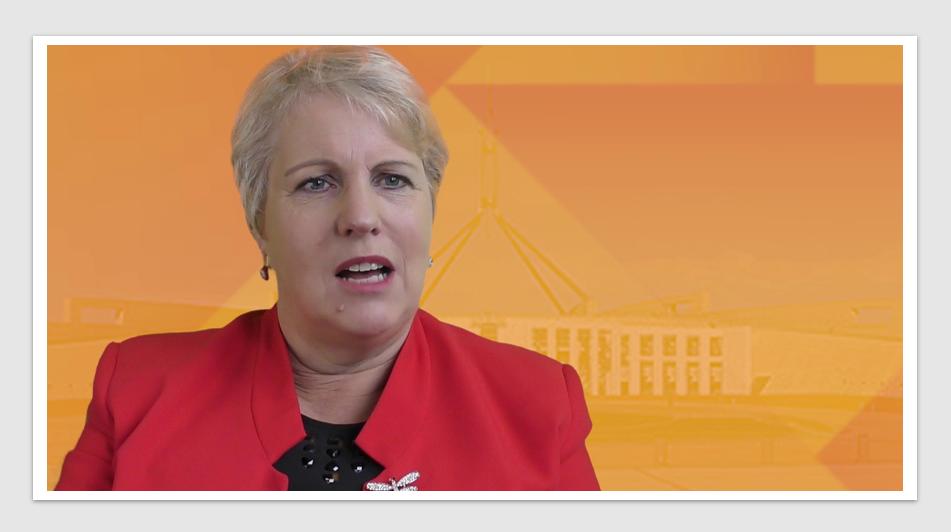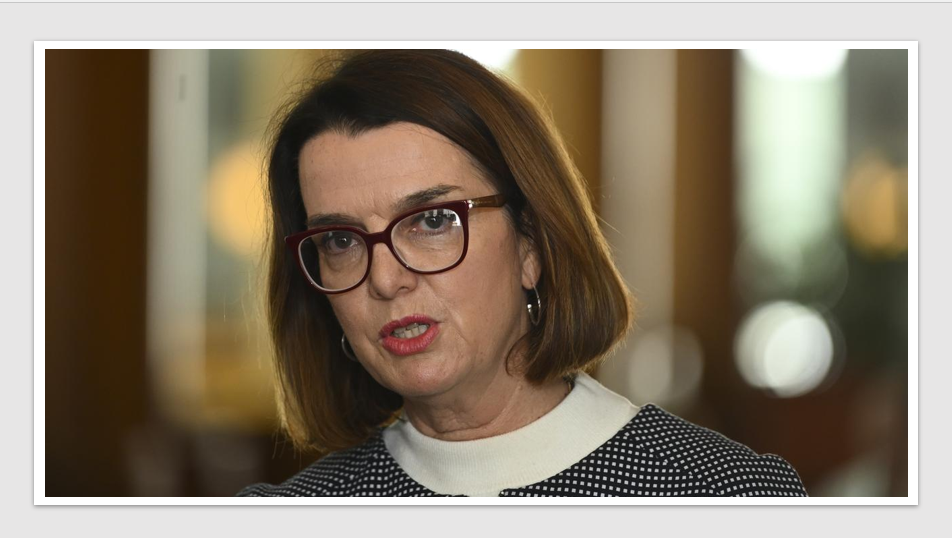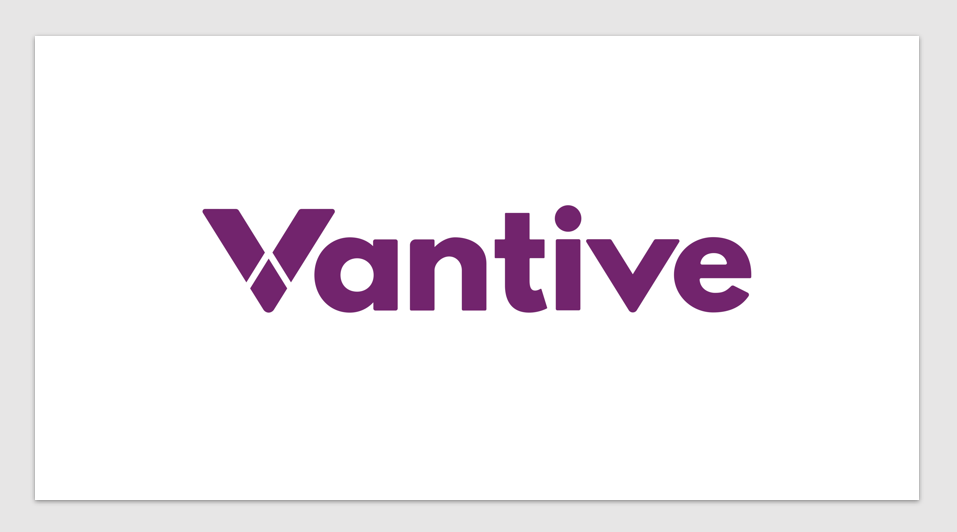News & Trends - MedTech & Diagnostics
Surgeons and patients insist on a ‘rational and sensible’ approach to spinal cord stimulation, amidst controversial allegations

MedTech & Diagnostics News: The Neuromodulation Society of Australia and New Zealand (NSANZ) urges a “rational and sensible” dialogue regarding the use of spinal cord stimulation. The call comes in the wake of the Pain Factory program aired by ABC Four Corners on Monday night, which imposed criticisms and allegations against surgeons, anaesthetists, the Therapeutic Goods Administration (TGA), and medtech industry.
Private Healthcare Australia is insisting on the prompt recall and suspension of the stimulators, while Painaustralia and NSANZ contend that the option should be preserved for patients for whom it is an appropriate treatment.
In a statement, NSANZ emphasised, “In contrast to sensationalist claims, no other country’s healthcare system has any plans to deregister this therapy for either lack of efficacy or complication rates. Medical devices are appropriately carefully and tightly regulated by the TGA in Australia to ensure safety for all Australians.”
Federal Health Minister, Mark Butler, has directed his department to conduct an investigation and has also sought an urgent update from the Therapeutic Goods Administration’s (TGA) on the post-market review of spinal cord stimulation devices.
In response to the accusations levelled by Four Corners regarding the TGA’s “appalling” performance, the regulator told Health Industry Hub, “The TGA is working as quickly as possible to finalise the post-market review investigations within the legislative guidelines. Our investigation includes 89 devices and our legislation requires the TGA to investigate each individual device separately.”
NSANZ stated, “As surgery is involved, complications can and do occur and every complication is one more than is ever desired. We empathise with the patients presented and their particular lived experiences.”
Regarding the efficacy of spinal cord stimulation, NSANZ reiterated, “The evidence base for the role of spinal cord stimulation in refractory neuropathic pain has the highest level of evidence of efficacy and is performed in a very small minority of suitable patients for whom other options have either been exhausted or are unsuitable.”
Giulia Jones, CEO of Painaustralia, peak advocacy organisation for the 1 in 5 Australians over 25 living with chronic pain, said “Consumers with treatment resistant long term chronic pain deserve to be able to make choices about their care and have options available to them. There is already enough stigma and burden for this group of people who deserve appropriate respect and care.”
The development of a nationally endorsed clinical guidelines for the use of spinal cord stimulation is being spearheaded by NSANZ in collaboration with stakeholders, including the Faculty of Pain Medicine. Concurrently, the establishment of an independent national neuromodulation registry is underway to generate “high quality verified outcomes” which will serve as the foundation for continual quality enhancement efforts.
In alignment with these viewpoints, Painaustralia is advocating for a registry and also a review of MBS item numbers to ensure that access to spinal cord stimulation is restricted to specific “surgeons with the appropriate skills”. Additionally, the peak consumer body is highlighting the need for GP-led multidisciplinary care through proposed enhancements to the Chronic Care Plans.
The TGA reiterated to Health Industry Hub, “Patient safety remains our number one priority. The TGA is investigating allegations made by Four Corners regarding under-reporting [of adverse events] and will take regulatory action including civil or criminal penalties, if appropriate.
“In relation to data held by PHA, the TGA received this information on 5 April 2024 and investigation of this data will complement the post-market review.”
The NSANZ asserted, “The provision of access to and availability of pain treatments in Australia remains woefully under resourced and what this sector needs is sensible, rational discussion and support – rather than the approach taken by Private Healthcare Australia and the ABC in the Four Corners report.”
 In reimagining healthcare across the entire patient journey, Health Industry HubTM is the only one-stop-hub bringing the diversity of Pharma, MedTech, Diagnostics & Biotech sectors together to inspire meaningful change.
In reimagining healthcare across the entire patient journey, Health Industry HubTM is the only one-stop-hub bringing the diversity of Pharma, MedTech, Diagnostics & Biotech sectors together to inspire meaningful change.
The content on Health Industry Hub is copyright protected and should only be accessed under individual user licenses. To subscribe, please click here and visit T&Cs here.
News & Trends - MedTech & Diagnostics

Parliament passes lung cancer legislation
MedTech & Diagnostics News: Lung cancer is the leading cause of cancer death and is responsible for almost one in […]
MoreNews & Trends - Pharmaceuticals

Senator Ruston criticises Budget’s lack of ‘real seamanship’ in tackling pressing healthcare challenges
Pharma News: Senator Anne Ruston, Shadow Health Minister, was warmly welcomed at the Post-Budget event held in Parliament House yesterday […]
MoreNews & Trends - MedTech & Diagnostics

Baxter announces branding for spin-off kidney care business
MedTech & Diagnostics News: Baxter has unveiled the mission and logo for its forthcoming kidney care and acute therapies company, […]
More